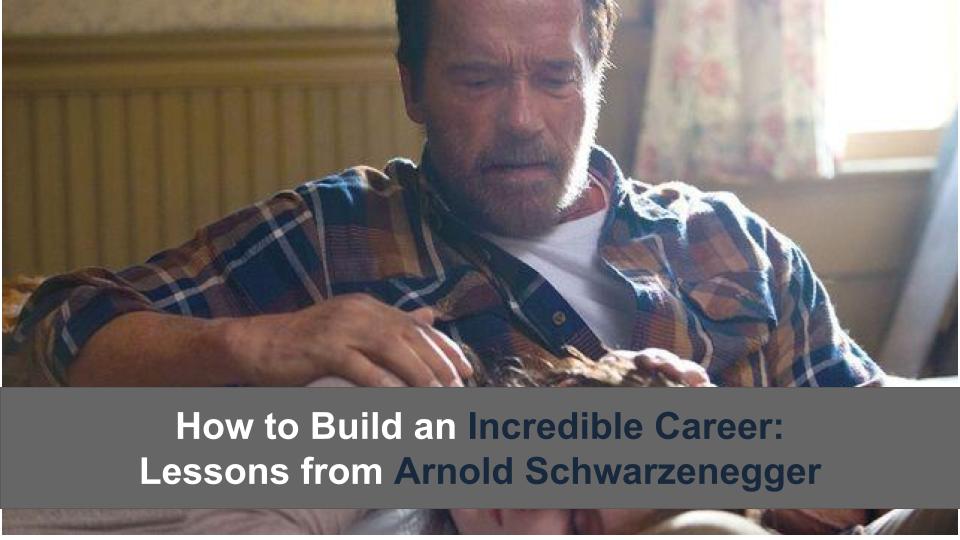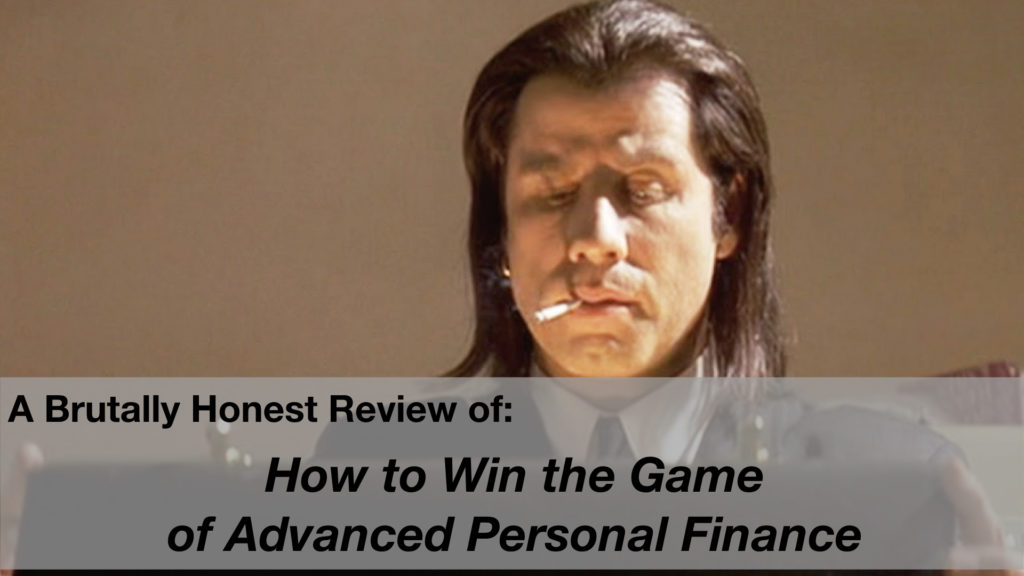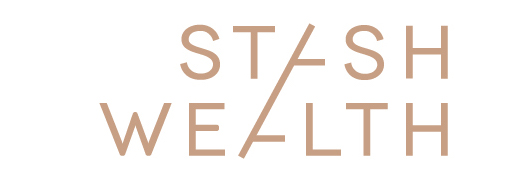If you only have a minute, here are the takeaways:
- Investing is emotional. I made my second real estate investment. It was more of an emotional decision than a numbers-driven one. In my opinion, this is OK (even normal) but don’t fool yourself thinking otherwise.
- Upstate New York and self-funded. The investment is an apartment community in upstate New York. I funded it with the money after selling my house and from savings. Ideally, this investment adds a revenue stream that funds my Business system target.
- Play your advantages. Most retail investors do not have an analytical competitive advantage. But you can have a behavioral competitive advantage. Counterintuitively, this usually means doing less, e.g. less trading, less complexity, etc.
- How to increase your behavioral advantage? Understand your asset allocation, automate your saving & investing, have a long time horizon, and protect your downside.
- Survival. The cornerstone of any strategy. You have to stay in the game long enough to win it.
- What game are you playing? The game of money is fascinating, but the real game we’re playing is the happiness game. And happiness not having everything you want, but wanting everything you have.
I made my second real estate investment at the end of 2022. Once I started to document my thought process, I realized how much my investing was an emotional and intuitive decision, not a math-based decision.




